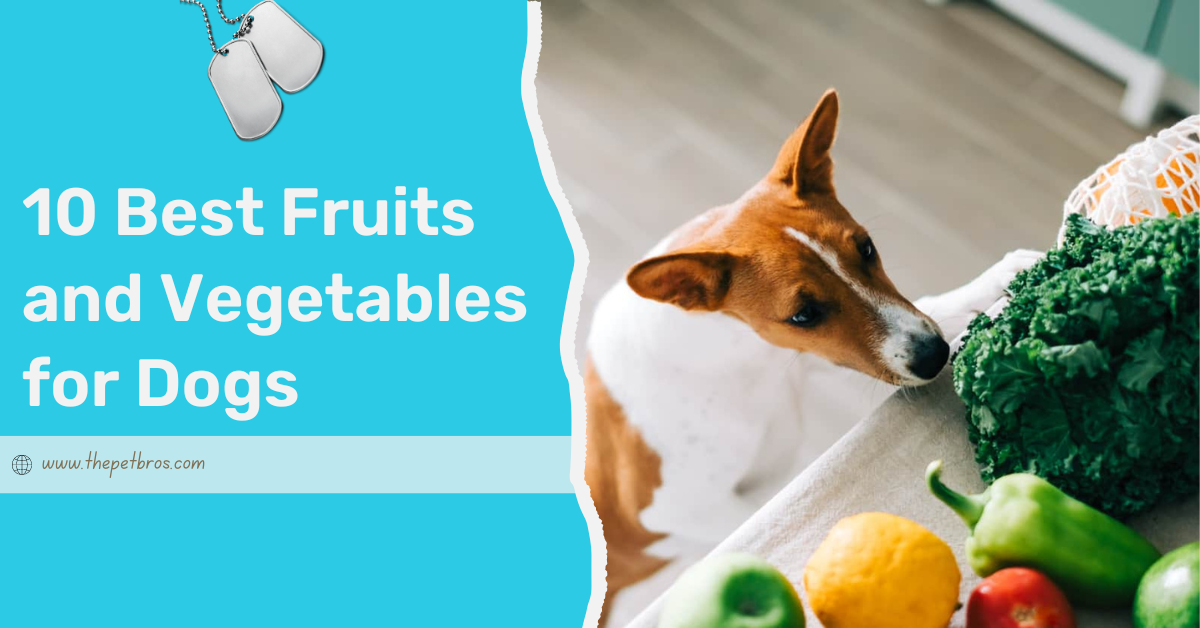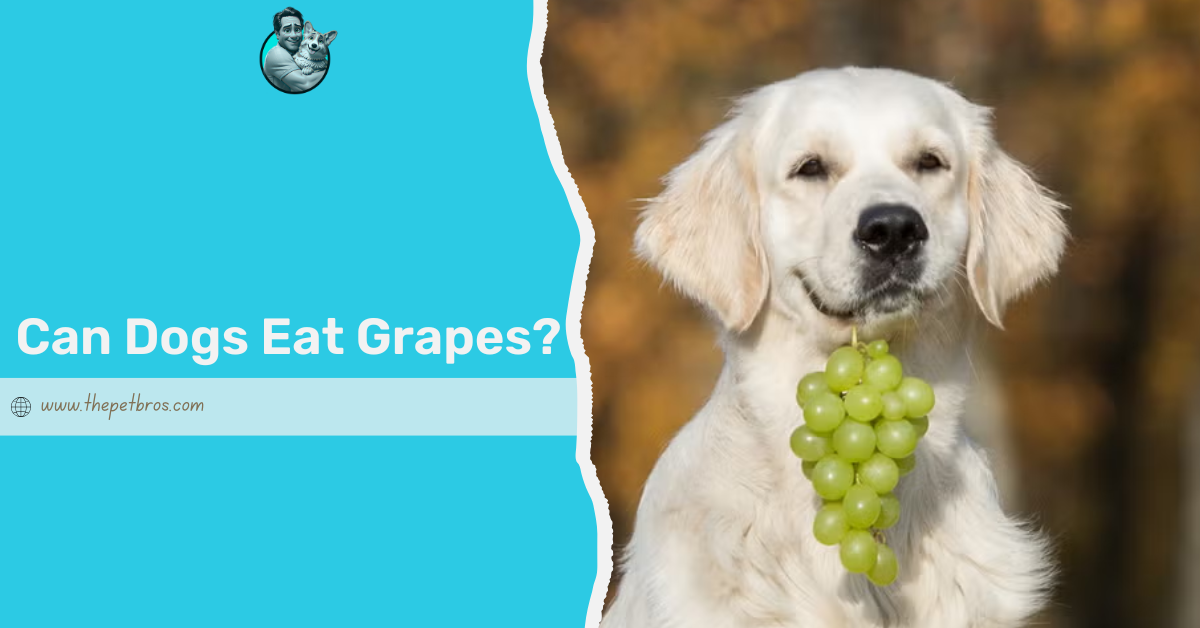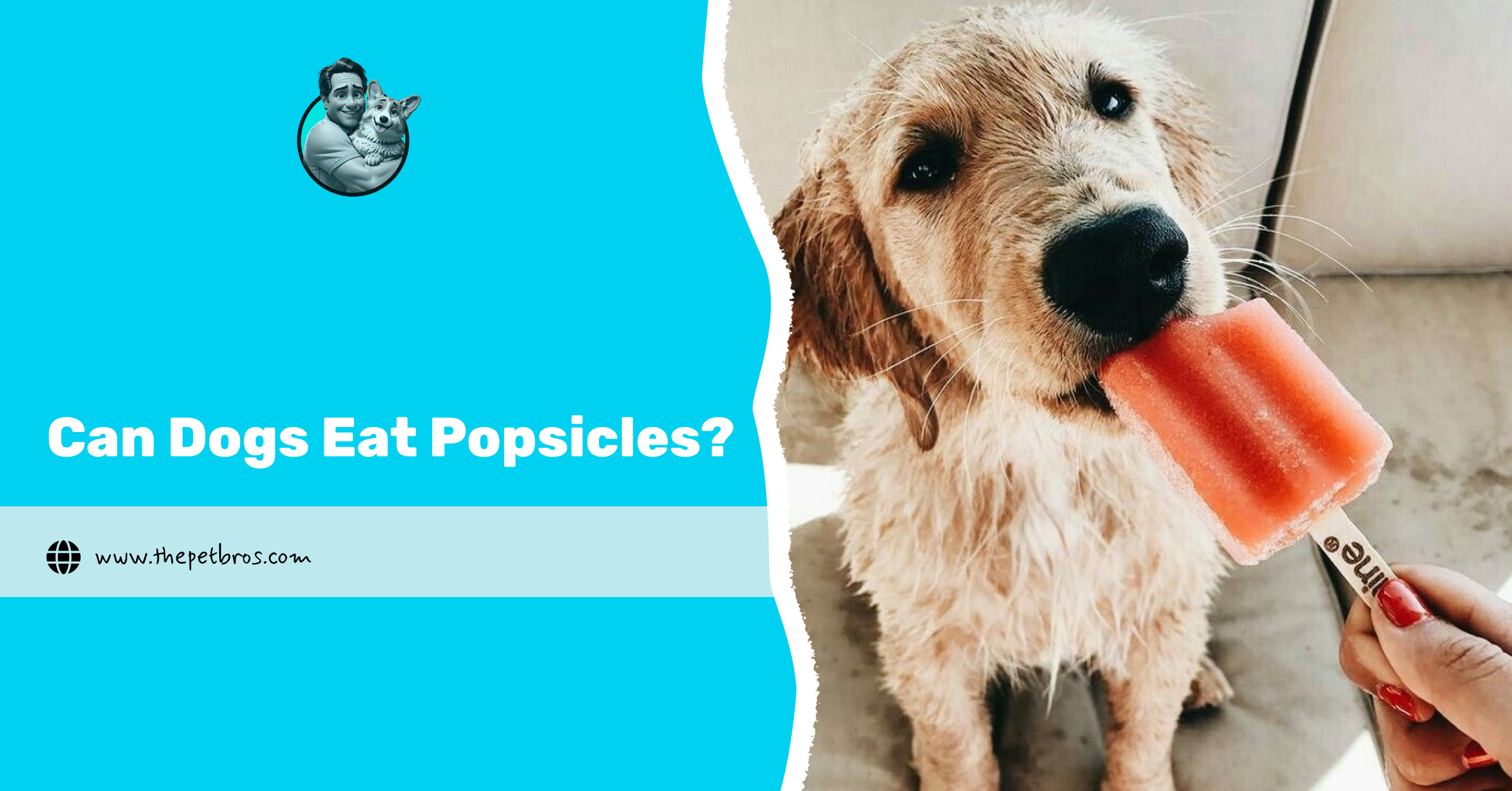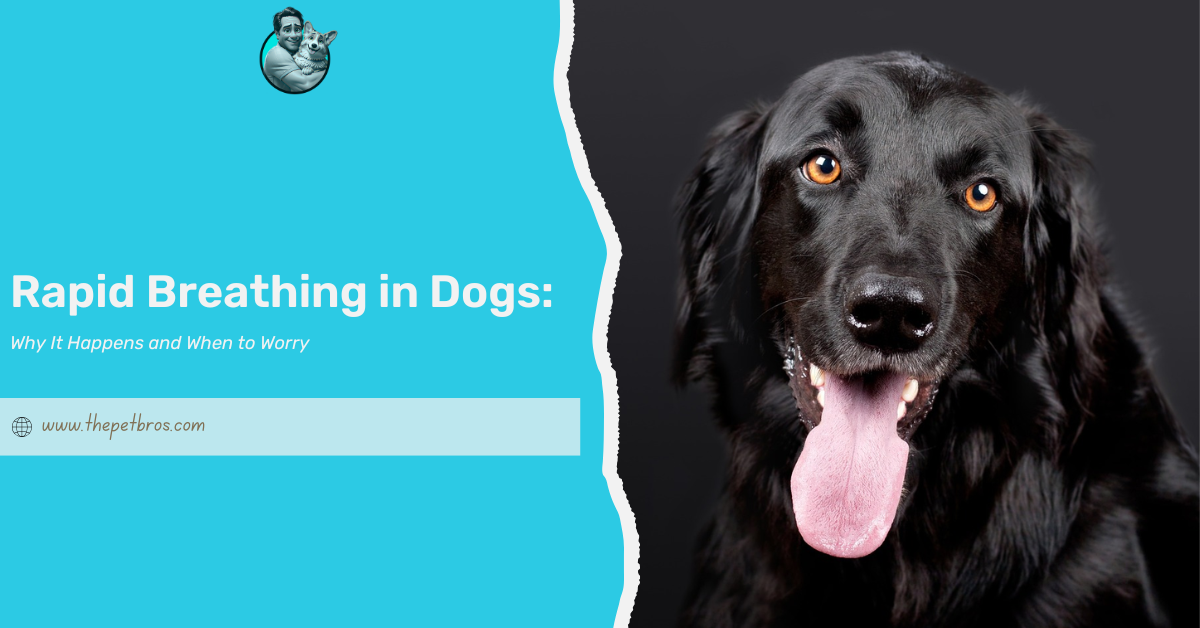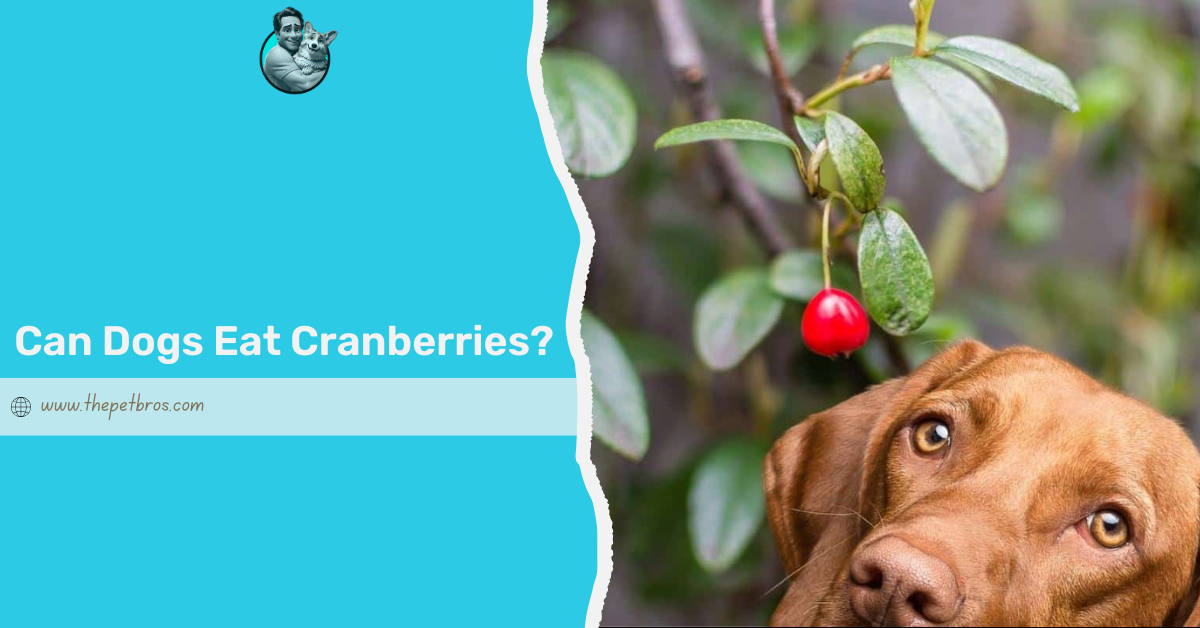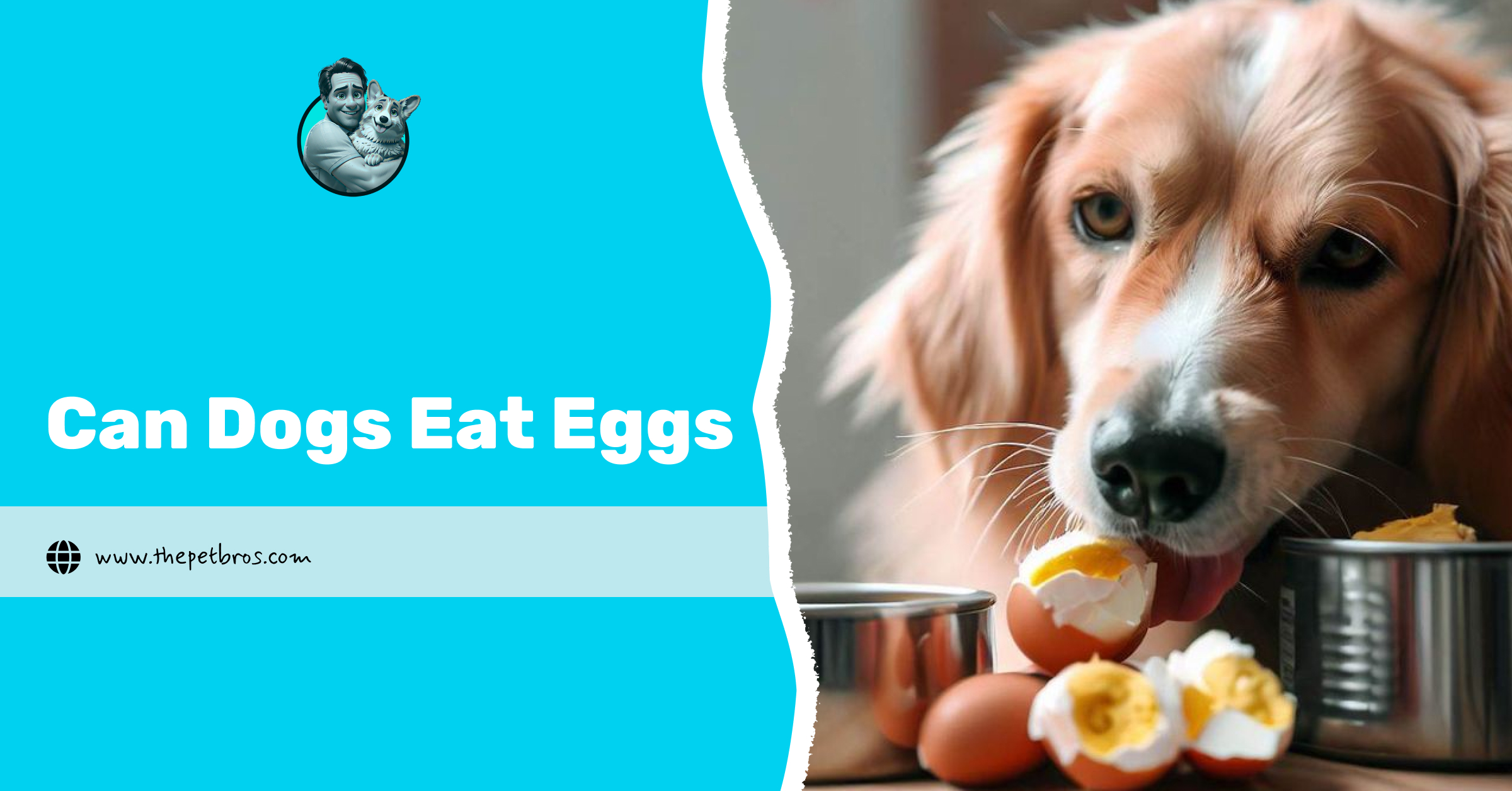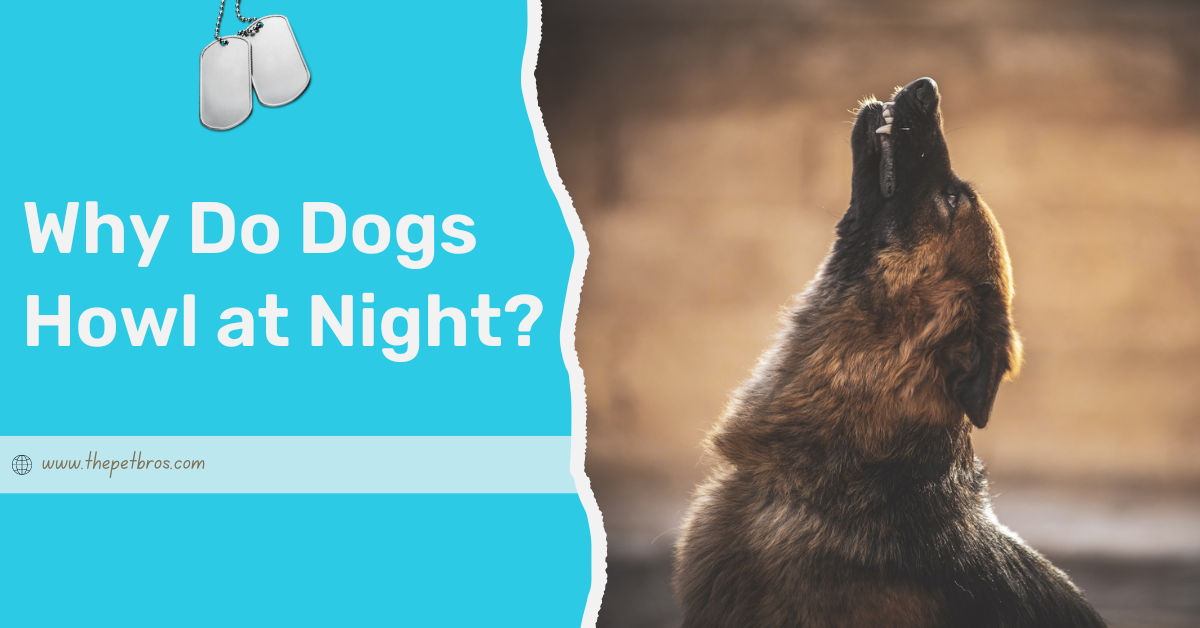As a dog owner, you already know that adding fruits and vegetables to your dog’s diet can be a great way to boost their health. But with so many options out there, it’s hard to know which ones are the best. That’s where this guide comes in. We’ve done the homework for you and compiled a list of the 10 best fruits and vegetables for dogs that are both safe and beneficial.
So, whether you’re looking to add a burst of vitamins or a crunchy, low-calorie snack, this guide will help you pick the perfect vegetables and fruits for your dog, leaving them happy, healthy, and full of tail-wagging joy!
The 10 Best Fruits and Vegetables for Dogs
Here are the best vegetables and fruits for dogs:
- Apples
- Blueberries
- Watermelon
- Strawberries
- Bananas
- Carrot
- Brocolli
- Green Beans
- Sweet Potatoes
- Cucumber
This section is divided into two for better understanding: the best fruits and the best vegetables for your dogs. Let’s begin with the fruits…
Best Fruits for Your Dogs
1. Apples
Apples are so crisp and refreshing that many dogs find the fruit irresistible. Rich in vitamins A and C, apples help maintain a strong immune system and support healthy skin and coat. The fibre content in apples can also aid in digestion, making them a great option for dogs with sensitive stomachs.
However, remember that the seeds and core of an apple contain cyanogenic glycosides, which can be toxic to dogs if ingested in large amounts. Therefore, for safety, always remove the core and seeds and cut the apple into bite-sized pieces. This ensures not only a safe treat but also an easy-to-eat snack.
Many dogs enjoy the crunch of fresh apple slices, and the texture can even help clean their teeth. If you can go the extra mile, consider lightly steaming or pureeing apples to mix with your dog’s regular food. This can make a delightful, low-calorie addition to their diet.
2. Blueberries
Second on our list of the 10 best fruits and vegetables for dogs are blueberries. Small but mighty, blueberries are often considered a superfood for dogs. Packed with antioxidants, they help fight free radicals and reduce inflammation, which can be particularly beneficial for senior dogs or those with joint issues. Blueberries also contain fibre, vitamin C, and phytochemicals that support brain health and contribute to a stronger immune system. These berries can be served fresh or frozen.
Dogs love the sweet burst of flavour, and the low-calorie content means you can offer a handful without worrying about weight gain. However, monitor your dog to ensure they don’t eat too many at once, as excessive consumption could lead to an upset stomach.
3. Watermelon
Watermelon is a refreshing fruit that can keep your dog hydrated and happy, especially during the hot summer months, primarily because it contains over 90% water. This fruit for dogs is also rich in vitamins A, B6, and C, which support their eye health, immune function, and overall wellness.
However, just like with apples, ensure you remove the seeds and rind before serving. Seeds can cause intestinal blockage, while the rind can be tough to digest and potentially lead to gastrointestinal upset. Watermelon sometimes also trigger allergic reactions in some dogs.
To maximise hydration, you can also cut the watermelon flesh into small, seedless cubes or freeze chunks. This is also very helpful for dogs that are prone to overheating or those who enjoy outdoor activities.
Speaking of overheating, including watermelon in your dog’s diet might just be the magic needed to save your dog from breathing heavy while sleeping.
4. Strawberries
Strawberries are a delicious, nutrient-rich fruit that many dogs love. High in fibre and vitamin C, they support immune health and digestion. Strawberries also contain natural dirt-breaking enzymes that can help keep your dog’s teeth clean. However, like all fruits, they contain natural sugars, so they should be given in moderation.
Serve strawberries by slicing them into small pieces to avoid choking, especially for smaller dogs. Also, consider introducing strawberries into your dog’s diet gradually to prevent digestive issues.
5. Bananas
Lastly, for fruits on our list of the best fruits and vegetables for dogs, we have bananas. Bananas are not only delicious but also incredibly nutritious for dogs. They provide a natural source of potassium, fibre, and vitamins B6 and C, all of which contribute to a healthy heart, digestive system, and muscle function. However, bananas are also higher in sugar compared to some other fruits. Therefore, balance is very important.
If you’ve noticed your dog needs a bit more encouragement to eat, consider cutting the bananas into manageable slices or mashing them to mix with your dog’s regular food. It also works for dogs who need gentle digestive boosts.
These fruits, when chosen carefully and served properly, can be an excellent way to add variety, nutrition, and enjoyment to your dog’s diet. Also, do not hesitate to consult with your vet if you have any concerns about specific fruits.
Best Vegetables for Dogs
Now that we’ve explored the best fruits let’s move on to the vegetables…
1. Carrots
Carrot is a popular response when you ask anyone for the best fruits and vegetables for dogs. Just that they are vegetables, not fruits. Carrots are loaded with beta-carotene, a precursor to vitamin A that is vital for maintaining good vision, supporting a healthy immune system, and keeping your dog’s skin in top condition.
Raw carrots can help clean your dog’s teeth, reducing buildup and promoting better oral health. Additionally, they are low in calories and high in fibre, making them an excellent choice for dogs needing a low-calorie snack that still feels satisfying.
If your dog is old or has dental issues and struggles to chew, cooked carrots can be a great alternative. Steaming or boiling carrots softens them without losing too many of their nutrients. Overall, carrots are among the best vegetables for dogs due to their versatility, health benefits, and availability.
2. Green Beans
Green beans are perfect for your dog if you are looking to manage their weight. These low-calorie vegetables are packed with dietary fibre, which can help dogs feel full and satisfied without adding extra pounds. More importantly, green beans contain important vitamins K and C, along with manganese, which plays a crucial role in bone health and metabolism.
You can serve green beans raw or cooked, but always make sure they are free from salt, oils, or seasoning that could be harmful to your dog. For dogs with more sensitive digestive systems, steaming or lightly boiling green beans can make them gentler on the stomach while still retaining their nutrients. Apart from being one of the best vegetables for dogs, green beans are easy to prepare and great for supporting the overall health of even humans.
3. Broccoli
Broccoli is high in vitamins C and K and helps to strengthen the immune system and support bone health, which makes it particularly beneficial for older dogs. Broccoli is also rich in fibre and antioxidants, which can help detoxify the body and reduce inflammation.
However, we must mention that broccoli contains isothiocyanates, which can cause mild to severe gastric irritation in some dogs if consumed in large quantities. So, again, balance is important.
To safely serve broccoli, consider steaming or boiling it to soften the texture and make it easier for your dog to chew and digest. Also, start by offering small portions to gauge how well your dog tolerates this vegetable.
4. Sweet Potatoes
Most dogs generally find sweet potatoes irresistible due to their natural sweetness. Rich in dietary fibre, vitamins A and C, and several essential minerals, sweet potatoes promote digestive health, boost immunity, and maintain healthy skin.
Prioritise sweet potatoes if your dog(s) suffer from digestive issues, as the fibre content can help regulate bowel movements and prevent constipation.
When preparing sweet potatoes for your dog, ensure you cook them thoroughly. Interestingly, baking, boiling, or steaming are all good methods. Always remove the skin, as it can be difficult for some dogs to digest. Mashed or cubed, sweet potatoes can easily be mixed into your dog’s meals or served as a standalone treat, providing a tasty, nutrient-dense addition to their diet.
5. Cucumbers
And the last but not the least on our list of the 10 best fruits and vegetables for dogs is cucumber. Cucumbers are a wonderfully hydrating, low-calorie vegetable that can be a refreshing snack for your dog. Their high water content makes them perfect for keeping dogs hydrated, particularly during warm weather or after exercise.
Cucumbers are also low in fat and contain vitamins K, C, and B, which are vital for bone health and immune support. If your dog is overweight, cucumbers can also help.
It’s illogical to serve whole cucumbers to your dog, regardless of how old the dog is. Slice them into thin, bite-sized pieces to prevent choking and make them easy to chew.
Common Mistakes to Avoid When Feeding Dogs Fruits and Vegetables
While adding the best fruits and vegetables for dogs to their diet can be incredibly beneficial, it’s important to be aware of some common mistakes that dog owners often make. These errors can lead to health issues or diminish the nutritional benefits that fruits and vegetables offer.
1. Overfeeding
While it may seem like giving them plenty of fruits and vegetables is beneficial, remember that fruits and vegetables should only make up a small portion of your dog’s overall diet. Dogs primarily need a balanced diet of proteins and fats, and too many vegetables and fruits can upset this balance.
Overfeeding can lead to digestive issues like diarrhoea or gas, especially with fibrous vegetables or fruits high in sugar like strawberries.
To avoid this mistake, follow the rule of moderation: treat fruits and vegetables as occasional snacks or supplements rather than primary food sources. Ensure they do not exceed 10% of your dog’s daily caloric intake.
2. Ignoring Toxic Foods
Not all fruits and vegetables are safe for dogs. Some can be downright toxic and should be avoided at all costs. For instance, grapes and raisins are highly toxic to dogs and can lead to kidney failure. Onions and garlic, even in small amounts, can cause gastrointestinal distress and damage red blood cells. The best fruits and vegetables for dogs outlined in this article are a good way to start!
3. Failing to Prepare Foods Properly
Preparation is key when serving dogs; otherwise, your dog may suffer choking or digestive problems. Apple and watermelon seeds are good examples. While the former contains cyanide, the latter can cause intestinal blockages. Similarly, some vegetables, like broccoli, need to be served in small portions to prevent digestive upset.
Always take the time to wash fruits and vegetables thoroughly, remove any seeds, pits, or rinds, and cut them into bite-sized pieces suitable for your dog’s size.
4. Adding Unnecessary Seasonings and Additives
Many pet owners believe adding toppers, additives, and ingredients like butter, garlic, salt, sugar, or onions to their dog’s foods makes them more appealing. However, these additives and seasonings can be harmful to dogs. Excess salt can lead to sodium ion poisoning, while added sugars can contribute to obesity and dental problems. Even seemingly harmless ingredients, like butter, can lead to pancreatitis in some dogs.
When serving fruits and vegetables, always keep them plain and simple. Dogs don’t need the extra flavourings that humans enjoy, and they’re perfectly happy with the natural taste of their food. Sure, they may find it boring, but it works. So?
5. Failing to Monitor for Allergies or Adverse Reactions
Even the best fruits and vegetables for dogs can sometimes cause allergic reactions or sensitivities in individual dogs. Common signs of an allergic reaction include itching, swelling, gastrointestinal distress, or changes in behaviour.
When introducing any new fruit or vegetable to your dog’s diet, start with a small amount and monitor their reaction closely. If you notice any signs of discomfort or allergy, discontinue the food immediately and consult your vet. This cautious approach helps you understand what works best for your dog and keeps them safe and healthy.
Conclusion
Adding the best fruits and vegetables for dogs to their diet is a wonderful way to provide them with essential nutrients, boost their overall health, and add some variety to their meals. However, as a loving dog owner, always take the time to understand which fruits and vegetables are safe and how best to serve them. More importantly, don’t forget to consult with your vet when in doubt, especially if you’re trying something new or have a dog with specific dietary needs.
We hope this guide has helped you feel more confident in choosing the right fruits and vegetables for your dog. And if you have tried adding any of these to your dog’s diet, please share your experiences or favourite recipes in the comments below!
Frequently Asked Questions
What vegetables are toxic to dogs?
Onions, garlic, and leeks are toxic to dogs and should be avoided completely. These vegetables can damage a dog’s red blood cells and lead to serious health issues.
How often should I give my dog fruits and vegetables?
Fruits and vegetables should be treated as occasional snacks or supplements to your dog’s main diet. They should make up no more than 10% of your dog’s daily caloric intake. Incorporating the best fruits and vegetables for dogs in small portions can provide nutritional benefits without risking an upset stomach or an imbalanced diet.
Can puppies eat fruits and vegetables, too?
Puppies can eat fruits and vegetables. However, ensure you introduce it to them slowly and in small amounts because their digestive systems are still developing, and they may be more sensitive to certain foods.
What should I do if my dog has an allergic reaction to a fruit or vegetable?
If you notice signs of an allergic reaction, such as itching, swelling, vomiting, or diarrhoea after feeding your dog a new fruit or vegetable, stop offering the food immediately and consult your vet. They can help you determine the cause of the reaction and advise on safe dietary options going forward.
Can dogs eat fruit seeds or pits?
No, seeds and pits from fruits like apples, cherries, peaches, and plums contain cyanide, which is toxic to dogs. They may also make your dog choke.






